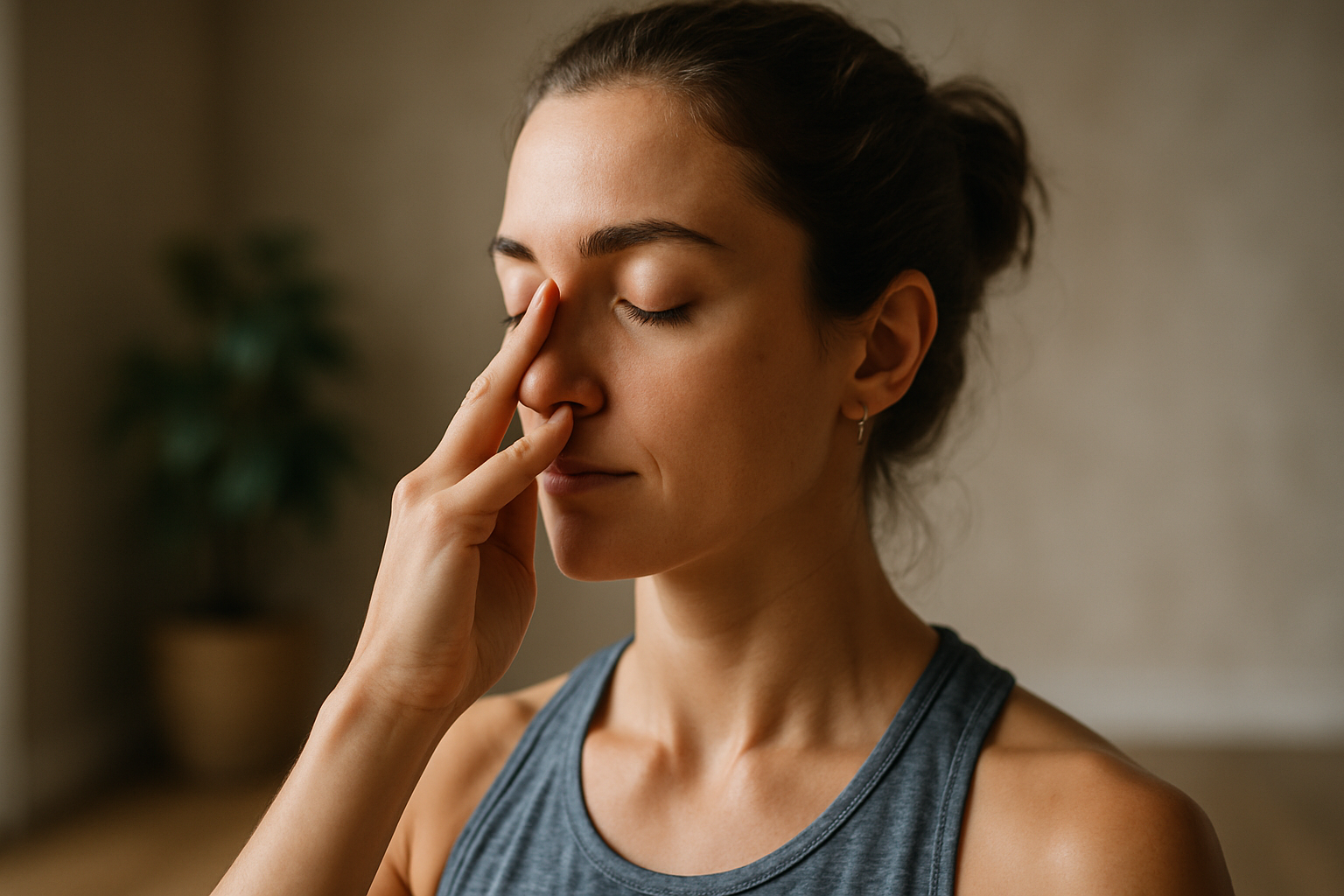Understanding Modern Approaches to Anxiety Care: From Therapy to Lifestyle Support
Anxiety can affect people in many ways, but there are now many ways to help manage it. This guide explores strategies for managing mild anxiety and promoting emotional balance in daily life. For professional medical advice, please consult your doctor.

Living with anxiety can feel overwhelming, but the landscape of care has expanded dramatically in recent years. Today’s approaches recognize that anxiety is not a one-size-fits-all condition, and effective management often requires a personalized combination of professional interventions, self-care practices, and environmental adjustments. Whether you’re experiencing mild worry or debilitating panic, understanding the range of available options can help you navigate your path toward relief and improved quality of life.
This article is for informational purposes only and should not be considered medical advice. Please consult a qualified healthcare professional for personalized guidance and treatment.
What Are the Primary Treatment Options for Anxiety?
Professional treatment options for anxiety typically fall into several categories, each with distinct mechanisms and benefits. Cognitive Behavioral Therapy (CBT) remains one of the most researched and effective approaches, helping individuals identify and reshape thought patterns that fuel anxious responses. This structured therapy teaches practical skills for managing worry and gradually confronting feared situations through exposure techniques.
Medication represents another cornerstone of professional care, particularly for moderate to severe cases. Selective serotonin reuptake inhibitors (SSRIs) and serotonin-norepinephrine reuptake inhibitors (SNRIs) are commonly prescribed for long-term management, while benzodiazepines may be used cautiously for acute episodes. Newer approaches include mindfulness-based therapies, acceptance and commitment therapy (ACT), and dialectical behavior therapy (DBT), which emphasize acceptance and value-driven action rather than symptom elimination alone.
Group therapy and support networks provide additional layers of assistance, offering shared experiences and peer validation. Many individuals benefit from combining multiple approaches, working with mental health professionals to tailor a comprehensive treatment plan that addresses both symptoms and underlying factors.
How Does Treatment for Depression and Anxiety Overlap?
Depression and anxiety frequently coexist, with research indicating that nearly half of those diagnosed with depression also experience significant anxiety symptoms. This comorbidity has led to integrated treatment approaches that address both conditions simultaneously. Many therapeutic interventions, particularly CBT and interpersonal therapy, effectively target the cognitive distortions and behavioral patterns common to both disorders.
Antidepressant medications, especially SSRIs and SNRIs, are FDA-approved for treating both anxiety and depression, making them a practical choice for individuals experiencing both conditions. These medications work by regulating neurotransmitters in the brain, though they typically require several weeks to reach full effectiveness and may need dosage adjustments over time.
Lifestyle interventions also show promise for dual management. Regular physical exercise has been demonstrated to reduce symptoms of both depression and anxiety by releasing endorphins and improving stress resilience. Sleep hygiene, nutrition, and stress management techniques form a foundation that supports mental health regardless of specific diagnosis. Recognizing the interconnected nature of these conditions allows for more holistic and effective treatment planning.
What Natural Treatment for Anxiety Options Exist?
Natural approaches to anxiety management have gained considerable attention, offering alternatives or complements to conventional treatments. Regular physical activity stands out as one of the most evidence-supported natural interventions, with aerobic exercise showing particular benefits for reducing anxiety symptoms. Activities like walking, swimming, cycling, or yoga can help regulate the body’s stress response and improve mood through neurochemical changes.
Mindfulness meditation and breathing exercises provide accessible tools for managing acute anxiety and building long-term resilience. Practices such as progressive muscle relaxation, guided imagery, and deep breathing techniques activate the parasympathetic nervous system, countering the physiological arousal associated with anxiety. Many individuals find that consistent meditation practice reduces baseline anxiety levels and improves emotional regulation.
Herbal supplements and dietary modifications represent another category of natural interventions, though these require careful consideration. Chamomile, lavender, passionflower, and valerian root have traditional uses for anxiety relief, while omega-3 fatty acids and magnesium supplementation show some research support. However, natural does not mean risk-free, and these substances can interact with medications or have contraindications. Consulting with healthcare providers before starting any supplement regimen is essential for safety and effectiveness.
How Do Lifestyle Factors Support Anxiety Management?
Beyond specific treatments, lifestyle factors play a crucial role in anxiety management and overall mental wellness. Sleep quality significantly impacts anxiety levels, with poor sleep both contributing to and resulting from anxious states. Establishing consistent sleep schedules, creating calming bedtime routines, and addressing sleep disorders can substantially reduce anxiety symptoms and improve treatment outcomes.
Nutrition also influences mental health through various mechanisms. Diets rich in whole foods, vegetables, fruits, and lean proteins support stable blood sugar levels and provide nutrients essential for neurotransmitter production. Limiting caffeine and alcohol intake can prevent exacerbation of anxiety symptoms, as both substances affect the nervous system and can disrupt sleep patterns.
Social connection and meaningful activities provide protective factors against anxiety. Maintaining relationships, engaging in hobbies, and participating in community activities create a sense of purpose and belonging that buffers against stress. Time management and setting boundaries help prevent overwhelm, while regular exposure to nature has been associated with reduced anxiety and improved mood in numerous studies.
What Should You Consider When Choosing Treatment Approaches?
Selecting the right treatment approach involves considering multiple factors including symptom severity, personal preferences, practical constraints, and previous treatment experiences. Mild to moderate anxiety may respond well to psychotherapy alone or combined with lifestyle modifications, while severe anxiety often benefits from a combination of medication and therapy. Individual circumstances such as pregnancy, medical conditions, or medication sensitivities may influence which options are appropriate.
Accessibility represents another important consideration. Traditional in-person therapy may not be feasible for everyone due to geographic location, scheduling constraints, or financial limitations. Teletherapy platforms have expanded access significantly, offering convenient options for connecting with licensed professionals. Self-help resources, including books, apps, and online programs, can provide valuable tools, particularly when used alongside professional guidance.
Cultural factors and personal values should also inform treatment decisions. Some individuals prefer approaches aligned with specific philosophical or spiritual traditions, while others prioritize evidence-based interventions with extensive research support. Open communication with healthcare providers about preferences, concerns, and treatment goals facilitates collaborative decision-making and increases the likelihood of sustained engagement with chosen interventions.
Conclusion
Modern anxiety care encompasses a diverse array of evidence-based therapies, natural interventions, and lifestyle modifications that can be tailored to individual needs and circumstances. From structured psychotherapy and medication management to exercise, mindfulness, and nutritional support, the available options reflect a growing understanding of anxiety as a multifaceted condition requiring comprehensive approaches. Success often comes from combining professional treatment with self-care practices, creating a sustainable framework for managing symptoms and improving overall well-being. By exploring different options and working collaboratively with healthcare providers, individuals can develop personalized strategies that address their unique experiences and support long-term mental health.




